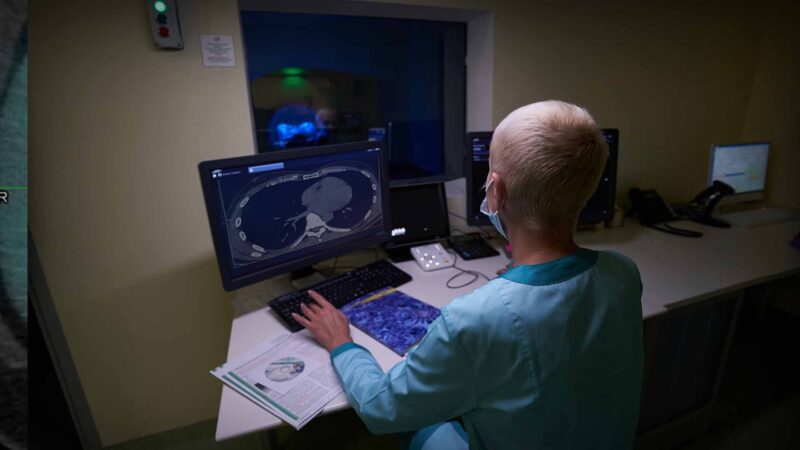Professor Creswell Eastman AO is a world-renowned endocrinologist with a primary interest in Iodine Deficiency Disorders. He is the Clinical Professor of Medicine at the University of Sydney School of Medicine and Consultant Emeritus to Westmead Hospital.
Professor Eastman recently spoke to Australian Health Journal about iodine deficiency in pregnancy preparation and the mother’s health during pregnancy. May is the time of the year for the Australian Thyroid Foundation’s (ATF) Thyroid Awareness Month and Professor Eastman spoke about why iodine deficiency has become an even greater risk in Australians in recent years. He stresses the importance of public health literacy and health care professionals (HCPs) having a better understanding of the disorders associated with iodine deficiency.
Recent research from The Lancet – March 2022 emphasises the consequences and risks of an inadequate amount of thyroid hormone at conception, during pregnancy and whilst breastfeeding.
‘Without an adequate amount of thyroid hormone mothers can be exposed to hypertensive disorders of pregnancy, including gestational hypertension and preeclampsia or eclampsia, which affect around 10% of pregnant women and are the leading causes of maternal and neonatal mortality worldwide. Mothers who suffer from hypertensive disorders during pregnancy are at increased risk of long-term cardiovascular consequences and hypertensive disorders in subsequent pregnancies. Evidence also indicates a risk of reduced cognitive ability to their offspring.
‘Knowing if you are genetically predisposed to Hashimoto’s or Graves’ Diseases, which are both thyroid autoimmune disorders is important to be aware of, to ensure all appropriate tests are ordered. Autoimmune disorders may predispose mothers to a thyroid problem during pregnancy’, says Professor Creswell Eastman, who also serves as the ATF’s Principal Medical Advisor.
‘Unnecessary risks to a pregnancy and the mother’s health during pregnancy and ongoing is something that can be avoided and prevented. Raising awareness and ensuring thyroid tests are ordered by GP’s, when couples are planning a family and when the pregnancy is confirmed are both essential.
You Might also like
-
App helps Chronic Sleep Deprivation
Earlier this year, Turner Institute for Brain and Mental Health researchers developed SleepSync, the world’s first app that personalises sleep-wake cycles for shift workers to improve their sleep and overall mood.
The research, led by Dr Jade Murray, was published in the journal, Digital Health. Australian Health Journal met with Dr Murray to hear how the application has evolved and been used in personalisation of sleep habits for health care shift workforce.
-
Elevating Professional Standards in the Medtech and Pharmaceutical Sector
ARCS Australia Ltd, the peak body representing professionals in the MedTech and Pharmaceutical sector, this week announced a series of significant changes at its annual conference.
Dr Tim Boyle, CEO of ARCS Australia Ltd speaking to Australian Health Journal says, “These initiatives are central to strategy to build professionalism within the sector, increase capability and enhance the professional standing of its members.”
-
25 years of non-indexation of nuclear medicine impeding access & affordability
The President of the Australasian Association of Nuclear Medicine Specialists (AANMS), Associate Professor Sze Ting Lee spoke with Australian Health Journal about the following:
Usual levels of nuclear medicine services in Australia each year
Current levels of nuclear medicine services in Australia
How changing demographics in people moving to regional areas has impacted access to nuclear medicine services
The nuclear medicine workforce including trainees
The key recommendations from the pre-budget submissionIn the lead up to the Australian Federal Budget in May 2023, Australian Health Journal reached out to peak health industry bodies to hear about their priorities, either noted in pre-budget submissions lodged with Federal Government in January 2023 or in recent forums such as the Strengthening Medicare Taskforce.



